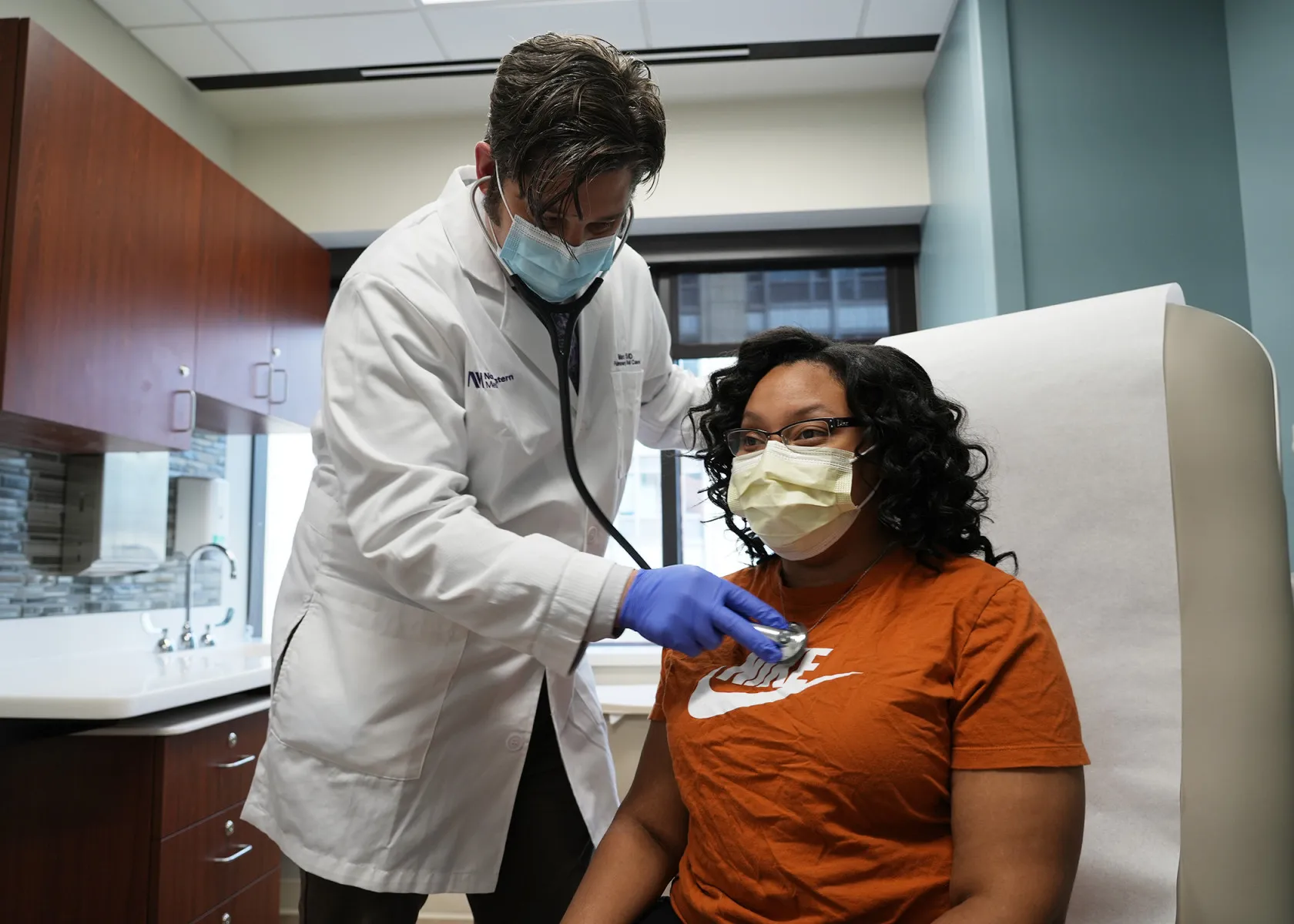Understanding Pulmonary Fibrosis Through Long COVID Insights

Pulmonary Fibrosis Insights from Long COVID Patients
Recent studies highlight a vital link between pulmonary fibrosis and Long COVID patients whose lung CT scans display abnormal results. This correlation presents a crucial opportunity to understand the complications stemming from COVID-19.
Understanding the Connection
Research suggests that individuals with respiratory post-acute sequelae of COVID-19 (PASC) may experience serious long-term effects, including pulmonary fibrosis. Identifying these patients allows for proactive measures in mitigating such risks.
Research Findings Reveal a Potential Path Forward
- PASC cases are linked to significant health concerns.
- Abnormal lung CT scans serve as indicators for potential pulmonary fibrosis.
- Early intervention could lead to better management of long-term effects.
The study encourages ongoing research, aimed at isolating further connections between COVID-19 and conditions like pulmonary fibrosis.
This article was prepared using information from open sources in accordance with the principles of Ethical Policy. The editorial team is not responsible for absolute accuracy, as it relies on data from the sources referenced.